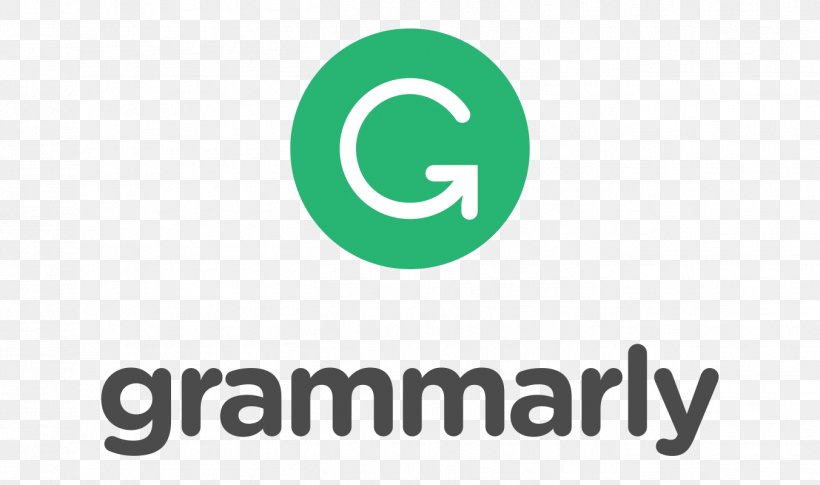THE GOVERNMENT'S POLITICAL WILL IN DEVELOPING INCLUSIVE EDUCATION IN INDONESIA
Abstract
Inclusive education is one of the crucial aspects in the development of a sustainable education system in Indonesia. However, the successful implementation of inclusive education is often constrained by various factors, including the level of political will of the government in adopting policies and taking concrete steps to support them. This study aims to conduct an in-depth analysis of the Indonesian government's political will in developing inclusive education. The research method used was a descriptive study with a qualitative approach. Data were collected through policy analysis, and a literature study. Data analysis was conducted using a policy analysis framework that considers aspects such as political commitment, budget allocation and program implementation. The results show that despite several efforts by the Indonesian government to promote inclusive education, the level of political will remains a major challenge. Constraints such as inadequate policy priorities, lack of adequate budget allocations and lack of inter-agency coordination are the main factors hindering the progress of inclusive education in Indonesia. Concrete measures are needed to increase the government's political will, including increased political awareness, increased budget allocations and improved inter-agency coordination to support more effective and inclusive implementation of inclusive education in the future.
Downloads
References
Amor, A. M., Hagiwara, M., Shogren, K. A., Thompson, J. R., Verdugo, M. Á., Burke, K. M., & Aguayo, V. (2019). International perspectives and trends in research on inclusive education: A systematic review. International Journal of Inclusive Education, 23(12), 1277–1295.
Apple, M. W. (2021). Teachers and texts: A political economy of class and gender relations in education. Routledge.
Bahri, S. (2022). Manajemen Pendidikan Inklusi di Sekolah Dasar. Edukatif: Jurnal Ilmu Pendidikan, 4(1), 94–100.
Baranauskienė, I., & Saveikienė, D. (2018). Pursuit of inclusive education: inclusion of teachers in inclusive education. SOCIETY. INTEGRATION. EDUCATION. Proceedings of the International Scientific Conference, 2, 39–53.
Floretta, V. (2021). Inclusive Education practices: an overview. Academia Letters, 1723(10.20935).
Hanushek, E. A., & Woessmann, L. (2023). The knowledge capital of nations: Education and the economics of growth. MIT press.
Lindner, K.-T., & Schwab, S. (2020). Differentiation and individualisation in inclusive education: a systematic review and narrative synthesis. International Journal of Inclusive Education, 1–21.
Magnússon, G., Göransson, K., & Lindqvist, G. (2019). Contextualizing inclusive education in educational policy: the case of Sweden. Nordic Journal of Studies in Educational Policy, 5(2), 67–77.
Malik, R. S. (2018). Educational challenges in 21st century and sustainable development. Journal of Sustainable Development Education and Research, 2(1), 9–20.
Moberg, S., Muta, E., Korenaga, K., Kuorelahti, M., & Savolainen, H. (2020). Struggling for inclusive education in Japan and Finland: teachers’ attitudes towards inclusive education. European Journal of Special Needs Education, 35(1), 100–114.
Moriña, A. (2019). Inclusive education in higher education: challenges and opportunities. Postsecondary Educational Opportunities for Students with Special Education Needs, 3–17.
Nilholm, C. (2021). Research about inclusive education in 2020–How can we improve our theories in order to change practice? European Journal of Special Needs Education, 36(3), 358–370.
Papastephanou, M. (2019). Inclusion in education and in public debates on education. Beijing International Review of Education, 1(2–3), 303–323.
Qvortrup, A., & Qvortrup, L. (2018). Inclusion: Dimensions of inclusion in education. In International Journal of Inclusive Education. https://doi.org/10.1080/13603116.2017.1412506
Rapp, A. C., & Corral-Granados, A. (2024). Understanding inclusive education–a theoretical contribution from system theory and the constructionist perspective. International Journal of Inclusive Education, 28(4), 423–439.
Rusmono, D. O. (2020). Optimalisasi pendidikan inklusi di sekolah: literature review. Kelola: Jurnal Manajemen Pendidikan, 7(2), 209–217.
Shaeffer, S. (2019). Inclusive education: a prerequisite for equity and social justice. Asia Pacific Education Review, 20(2), 181–192.
Tanjung, R., Supriani, Y., Arifudin, O., & Ulfah, U. (2022). Manajemen Penyelenggaraan Pendidikan Inklusi pada Lembaga Pendidikan Islam. JIIP - Jurnal Ilmiah Ilmu Pendidikan. https://doi.org/10.54371/jiip.v5i1.419
Tompkins-Stange, M. E. (2020). Policy patrons: Philanthropy, education reform, and the politics of influence. Harvard Education Press.
Wajdi, M. B. N., Dewi, M. P., & Kurniawan, M. I. (2022). The Future of Pesantren as Islamic Education. EDUCATIO: Journal of Education, 7(2), 115–120.
Copyright (c) 2024 Maya Puspita Dewi, Muh Barid Nizarudin Wajdi

This work is licensed under a Creative Commons Attribution 4.0 International License.








